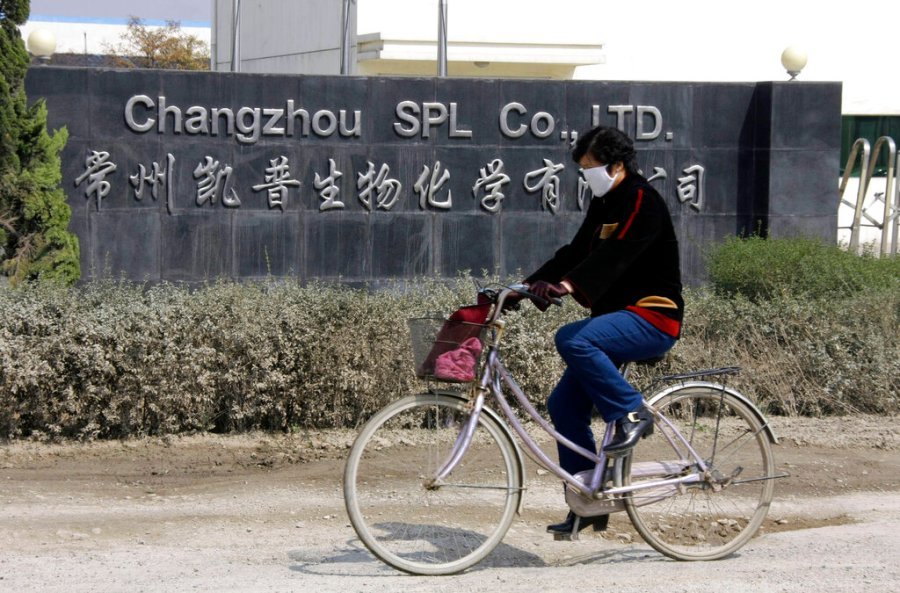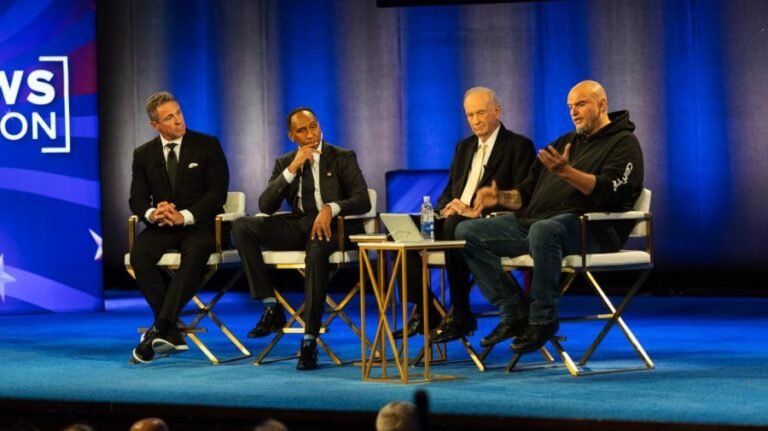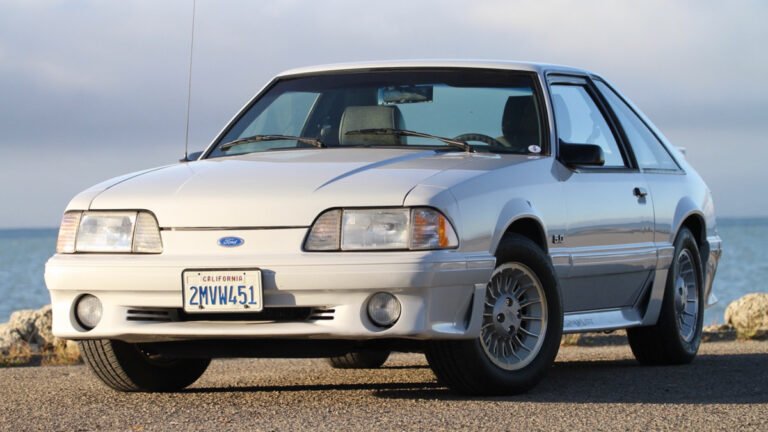
In December of 2007, LeRoy Hubley endured the most devastating experience of his life. His wife of 48 years and his son died within weeks of each other. The culprit? Contaminated doses of Chinese-made generic drug Heparin that there were taking to treat a genetic kidney disease.
LeRoy, his wife Bonnie, and his son Randy put their faith in the prescription drug market, and the Food and Drug Administration’s inspection system, which failed them. The medicine they relied on to save their lives, which was made in Communist China, did the exact opposite. Two lives were senselessly cut short.
Unfortunately, the Hubleys are not the only victims of our country’s over-reliance on foreign-made generic drugs and a broken system that allows overseas manufacturers to duck quality controls. Almost 20 years later, many issues that allowed for the Heparin tragedy, which killed over 100 people, still exist. As recently as 2023, contaminated eyedrops from India killed four people and caused damage to at least 55 other patients.
America’s over-reliance on foreign-made generics and loose oversight is threatening the health of our citizens and jeopardizing national security. As chairman of the U.S. Senate Special Committee on Aging, I held a recent hearing and am investigating these failures in our drug procurement system that leave many Americans — especially our seniors — at risk.
The U.S. currently relies on overseas manufacturers for approximately 75 percent of its essential drug supply, with Communist China and India as two of the largest contributors. Of the top 100 generic medicines consumed in the U.S., 83 percent of them contain no American-sourced Active Pharmaceutical Ingredients (APIs). That means if you look in your medicine cabinet now, there’s a good chance you’ll find a foreign-made generic drug that includes Active Pharmaceutical Ingredients from overseas.
As Dr. George Ball, associate professor and Weimer Faculty Fellow at Indiana University’s Kelley School of Business, testified before the Aging Committee, gaps in the FDA’s oversight structure mean that many of these foreign-produced Active Pharmaceutical Ingredients have been proven to be of lower quality and more dangerous than those manufactured in the United States. Ball’s research is clear: lower-quality drugs imported from places like Communist China and India are not only at risk of being less effective but are also, in too many cases, dangerous and life-threatening.
Foreign drug manufacturing plants aren’t subject to the same level of oversight as plants in the United States. At our Aging hearing, we heard from Peter Baker, a former FDA inspector who spent years inspecting overseas manufacturing sites. He shared his firsthand accounts of falsified quality reports, a lack of routine testing, unregistered “shadow” facilities pushing low-quality drugs through approved sites, and site checks announced months in advance, allowing facilities to apply a literal fresh coat of paint to cover up their dangerous practices.
These quality-control issues pose an immediate threat to all Americans, but that is only half of a terrifying problem. America’s over-reliance on foreign-made generic drugs presents massive vulnerabilities in the generic drug supply chain, which creates a significant threat to U.S. national security.
Think about it: if Communist China, a self-described enemy of the United States, or India, wants to stop the supply of prescription drugs to the United States, it can do so at any moment.
If that happens, the U.S has no plan to keep these generic life-saving drugs needed by millions of Americans available. We will quickly run out, and people will die. Americans on Medicare, Medicaid and our servicemen and women who rely on drugs supplied through the Department of War account for the lion’s share of the United States’ purchase of foreign-made generic drugs and are especially vulnerable to a supply chain disruption of this kind. Not only are we risking lives, we are siphoning U.S. tax dollars through these programs to help fund an enemy nation committed to destroying our very way of life.
Remember: Communist China has already limited exports of items like rare earth minerals, and during the COVID pandemic, India blocked the export of critical pharmaceutical ingredients. It can happen again.
Equally concerning is that over 40 percent of generic drugs sold in the U.S. have just one FDA-approved manufacturer. In the event of a shortage, the FDA must scramble to find alternatives. This happened during a shortage of the chemotherapy drug, Cisplatin, in 2023. The FDA turned to an unapproved Chinese replacement to fill the gap, knowingly allowing more questionable medicine onto the American market.
Yet, despite this threat, Communist China and India’s grip on the United States’ generic pharmaceutical markets continues to grow as Brandon Daniels, CEO of Exiger, testified in our hearing.
If we can’t solve this problem, it is only a matter of time before more American lives are unnecessarily lost. We’ve failed to act to protect access to safe and quality-controlled life-saving drugs that we, our children, and our parents rely on. That must stop now.
I won’t stop fighting to expose this problem and fix it to protect our seniors and all Americans who rely on generic prescription drugs. The Aging Committee just held our second hearing and will be releasing a report to propose solutions that protect Americans, secure sustainable supply chains for generic drugs, and end the current threat posed by Communist China and India’s stranglehold on this market. I hope that every American will stay tuned to our work and demand change.
Republican Rick Scott represents Florida in the U.S. Senate and serves as chairman of the U.S. Senate Special Committee on Aging. He is a former Florida governor.






